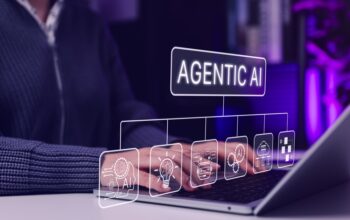Experts calling for a pause on AI development will be glad to hear that OpenAI isn’t currently training GPT-5.
OpenAI CEO Sam Altman spoke remotely at an MIT event and was quizzed about AI by computer scientist and podcaster Lex Fridman.
Altman confirmed that OpenAI is not currently developing a fifth version of its Generative Pre-trained Transformer model and is instead focusing on enhancing the capabilities of GPT-4, the latest version.
Altman was asked about the open letter that urged developers to pause training AI models larger than GPT-4 for six months. While he supported the idea of ensuring AI models are safe and aligned with human values, he believed that the letter lacked technical nuance regarding where to pause.
“An earlier version of the letter claims we are training GPT-5 right now. We are not, and won’t for some time. So in that sense, it was sort of silly,” said Altman.
“We are doing things on top of GPT-4 that I think have all sorts of safety issues that we need to address.”
GPT-4 is a significant improvement over its predecessor, GPT-3, which was released in 2020.
GPT-3 has 175 billion parameters, making it one of the largest language models in existence. OpenAI has not confirmed GPT-4’s exact number of parameters but it’s estimated to be in the region of one trillion.
OpenAI said in a blog post that GPT-4 is “more creative and collaborative than ever before” and “can solve difficult problems with greater accuracy, thanks to its broader general knowledge and problem-solving abilities.”
In a simulated law bar exam, GPT-3.5 scored around the bottom 10 percent. GPT-4, however, passed the exam among the top 10 percent.
OpenAI is one of the leading AI research labs in the world, and its GPT models have been used for a wide range of applications, including language translation, chatbots, and content creation. However, the development of such large language models has raised concerns about their safety and ethical implications.
Altman’s comments suggest that OpenAI is aware of the concerns surrounding its GPT models and is taking steps to address them.
While GPT-5 may not be on the horizon, the continued development of GPT-4 and the creation of other models on top of it will undoubtedly raise further questions about the safety and ethical implications of such AI models.




